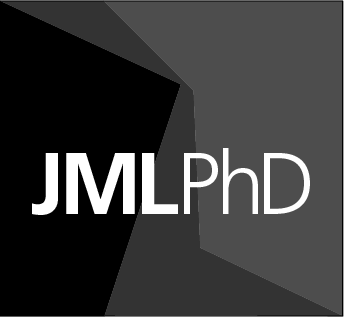“The ‘Only One in the Room’ Phenomenon: Coping with Isolation and Microaggressions in Elite Spaces”
For high-achieving professionals (such as doctors, lawyers, executives, academics) who are Black, POC, or gay, being the singular representative in elite environments (like corporate boardrooms, law firms, executive suites, faculty, and classrooms) can come with profound emotional costs. This "Only One in the Room" phenomenon intensifies feelings of isolation and exposes individuals to microaggressions—subtle yet pervasive slights that chip away at mental health over time.
What Are Microaggressions?
Microaggressions are brief, often unintentional, verbal, behavioral, or environmental slights that convey demeaning messages to marginalized individuals based on their racial, sexual, or other identities. Unlike blatant bigotry, they are understated—making them harder to call out and more insidious over time.
The Psychological Toll of Isolation + Microaggressions
For those who find themselves the only person of their race or sexual orientation in elite spaces, the impact is twofold:
Environmental Alienation: Being visibly alone in a space implicitly signals non-belonging. In STEM doctoral programs at predominantly white institutions (PWIs), Black students report that underrepresentation itself acts as an environmental microaggression, undermines their identity, and fuels feelings of not fitting in.
Mental Distress from Microaggressions: Repeated microaggressions like subtle dismissals, stereotypes, or invalidations are linked to increased anxiety, stress, and diminished psychological well-being among marginalized professionals.
Another peer-reviewed study sheds light on how microaggressions lead to poorer mental health outcomes. In research involving students of color, investigators found that exposure to microaggressions in school or workplace environments led to increased problem-focused rumination, which in turn directly amplified psychological distress. This pattern was especially pronounced among individuals characterized by high vertical individualism; those who view themselves as autonomous and experience more social isolation. Similarly, physicians have also reported experiencing significant rates of gender-based (39%) and race-based (28%) microaggressions at work.
What this means for elite professionals:
For elite professionals, this research highlights frequency and mental health effects of microaggressions such as getting stuck in thought loops (i.e., rumination) that contribute to anxiety and questioning of one’s ability. For example, questioning whether a comment implies they don’t belong can intensify mental strain. Those who prioritize autonomy over connection may feel this weight even more heavily, as they often lack the social anchors and support systems that could help buffer the impact of these subtle but persistent assaults.
Coping Strategies: From Isolation to Resilience
Seek Community and Support
Join affinity groups or professional networks for Black, LGBTQ+, or POC executives to reclaim a sense of belonging.
Prioritize relationships where shared experiences can replace isolation with solidarity.
Connect with religious groups, book clubs, and other groups where members share your identities.
Build Emotional Awareness
Recognize when subtle slights trigger overthinking or self-doubt. Ask yourself: “is this a me-issue or a them-problem?”
Interrupt ruminative cycles through mindfulness, journaling, or therapy.
Don’t let your emotions drive the bus. Use distress tolerance skills to get you through your day.
Lean into Culturally Responsive Therapy
Secure a mental health provider who understands the specific challenges of race, sexuality, and high achievement.
Therapy can help you reframe experiences of microaggressions as a systemic problem and not a personal shortcoming.
Address the Experience with Intentionality
Where possible and safe, educate peers or leadership about microaggressions and their impact.
Advocate for inclusive spaces—not just for yourself, but for those who follow.
Also, don’t feel as if you must use your energy to educate others. You get to choose if, when, and how you use your voice.
Set Boundaries
Know when to disengage from conversations or environments that feel emotionally corrosive.
Reserve your energy for spaces that nourish identity and purpose.
Maybe your energy and skills will be better received in your community rather than at your job? You get to make that choice.
Turn Awareness into Action
The “Only One in the Room” phenomenon is more than symbolic—it disrupts belonging, fosters microaggressions, and elevates stress for marginalized high achievers. But through informed self-awareness, therapeutic support, and intentional community building, isolation can be transformed into resistance, resilience, and empowerment, thereby paving the way for both personal and communal mental well-being.

